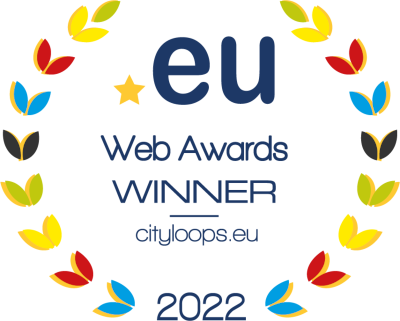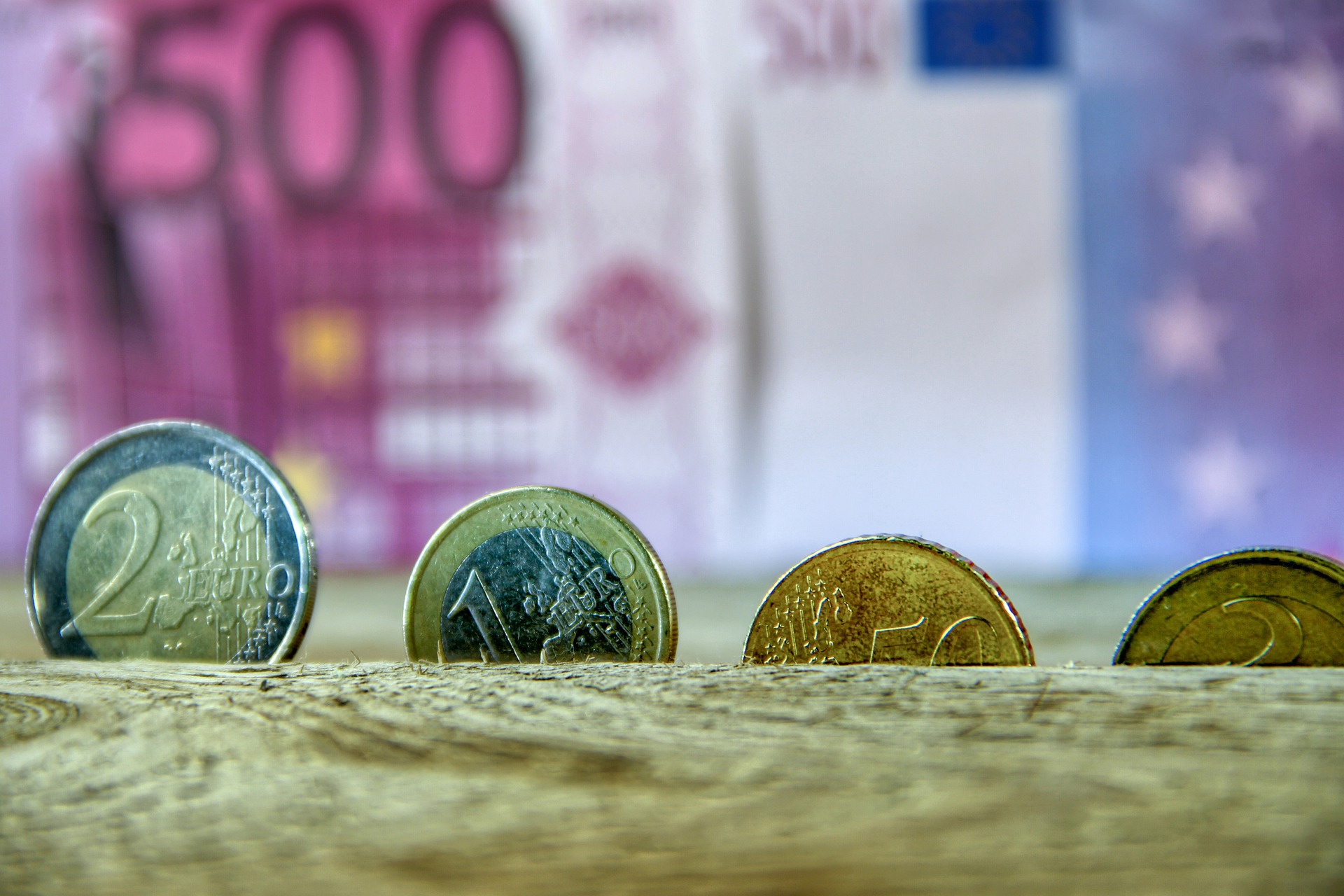Business cases
Business cases for a circular economy
The transition from a linear to a circular economy is about slowing, narrowing and closing material loops, in order to reduce resource input, waste generation and GHG emissions. “Closing the loop” implies the development of new economic activities in all material streams, including but not limited to recycling, refurbishing, reusing, sharing or collecting. However, in today’s world value chains are still structured in a linear way; economic actors are typically set up to only operate within this economic structure, with little flexibility and incentive for developing new circular business models. That is why in CityLoops we look at backing our demonstration actions with sound business cases that will ensure economic viability and will provide a strong rationale for upscaling at regional level and replicating elsewhere in other cities. This will contribute finally to open up new business opportunities and foster job creation in Europe.


For more information about the business cases in the two waste streams:
- CDW Business cases
- Bio-waste Business cases
For each demonstration action, underlying business cases will be explored, looking at cost structures and revenue streams, identifying potential customers (or end-users) and evaluating internal capacity. They will also rely on sound market assessments, in particular with comparisons to non-circular (or rather linear) alternatives, and will finally include social and environmental evaluations.
For BW, a development tool (link to come) has been created by Wageningen Research (WR), with the aim of building techno-economic, socially and environmentally sound business cases. This tool will be based on Osterwalder’s well-known business model canvas and will integrate two additional canvases to also take into account social and environmental value creation. As such, this “triple” business model canvas will help demonstrate and validate that a new product or process may not only have a financial return on investment, but also a positive social or environmental benefit.
For CDW, a generic circular market description and business case template has been developed by the Danish Association of Construction Clients (DACC). It will be used in all construction demonstration actions to support planning and decision-making and eventually to ensure economic viability.

